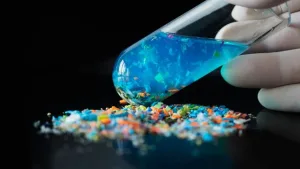Alcohol-Induced Liver Damage: RNA Splicing Defects Hinder Regeneration
A groundbreaking study has uncovered a critical reason why liver cells struggle to regenerate after alcohol-related damage. The research points to RNA splicing defects triggered by inflammation as the key culprit in this impaired regeneration process.
The Role of Inflammation
Inflammation, a common response to alcohol-induced liver injury, sets off a chain of events that ultimately disrupts the normal RNA splicing mechanisms within liver cells. This disruption is significant because RNA splicing is essential for producing the proteins necessary for cell repair and regeneration.
RNA Splicing: The Key to Regeneration
RNA splicing is a fundamental process in gene expression. It involves modifying pre-messenger RNA (pre-mRNA) to produce mature messenger RNA (mRNA), which then serves as a template for protein synthesis. When this process is impaired, cells cannot produce the necessary proteins for proper function and repair.
How Alcohol Affects Liver Regeneration
The study highlights that alcohol-induced inflammation leads to:
- Disrupted RNA splicing.
- Reduced production of essential repair proteins.
- Impaired liver cell regeneration.
Implications for Treatment
Understanding the link between inflammation, RNA splicing, and liver regeneration opens new avenues for potential therapeutic interventions. Future research could focus on developing strategies to:
- Reduce inflammation in the liver.
- Correct RNA splicing defects.
- Promote liver cell regeneration.
Final Overview
This new study provides critical insights into the mechanisms behind alcohol-related liver damage. By identifying RNA splicing defects as a major obstacle to liver regeneration, the research paves the way for novel therapies aimed at improving liver health and recovery in individuals affected by alcohol-induced liver injury.




+ There are no comments
Add yours